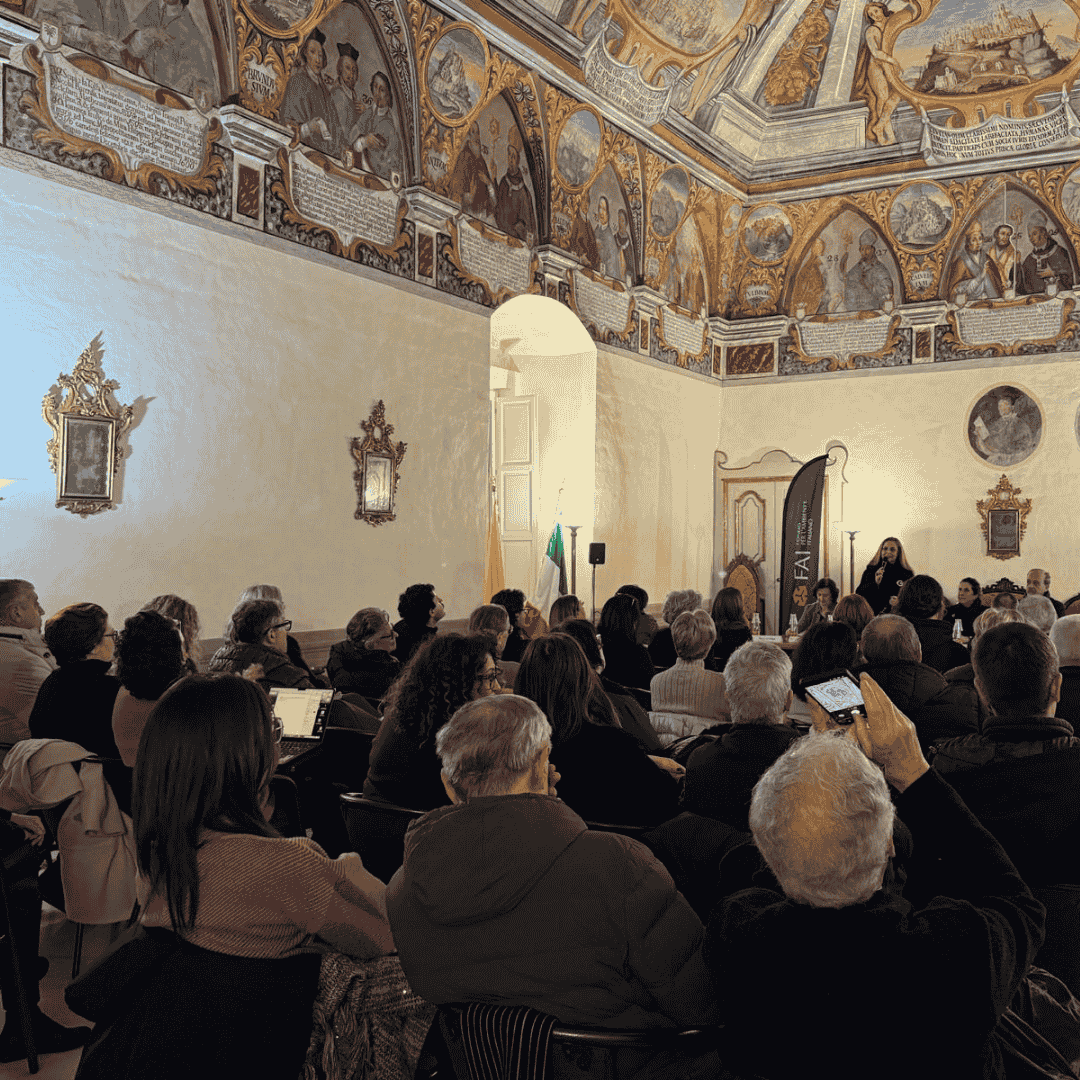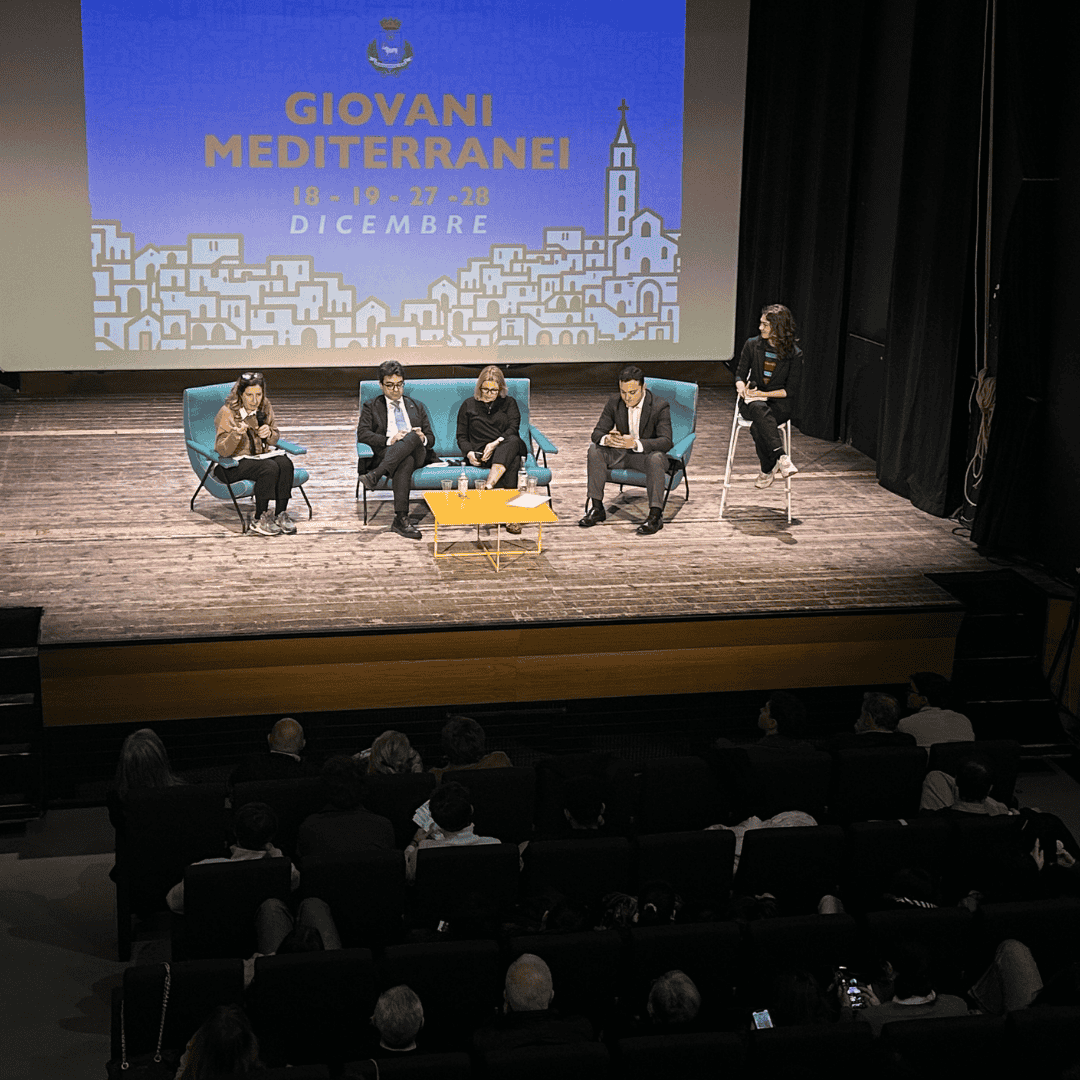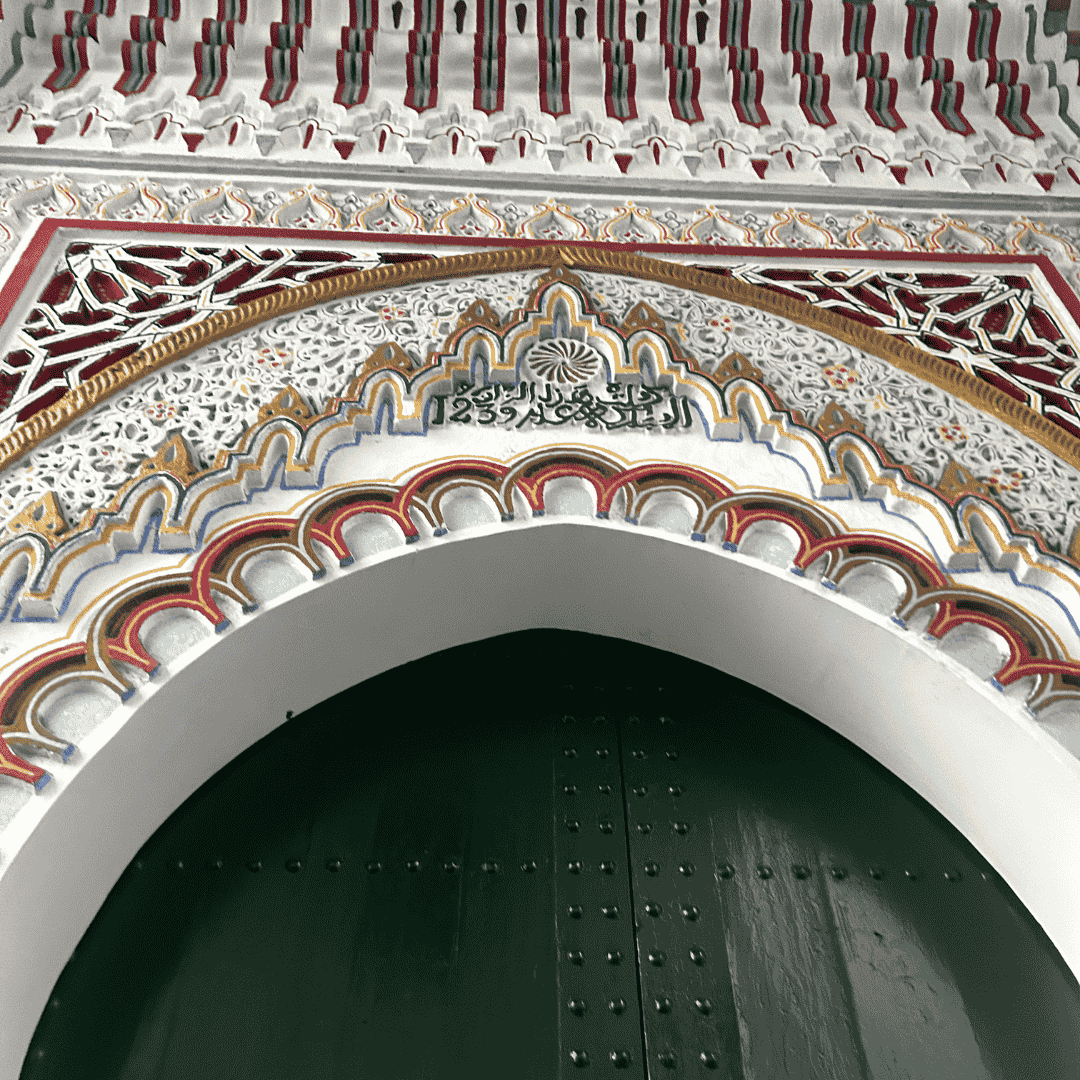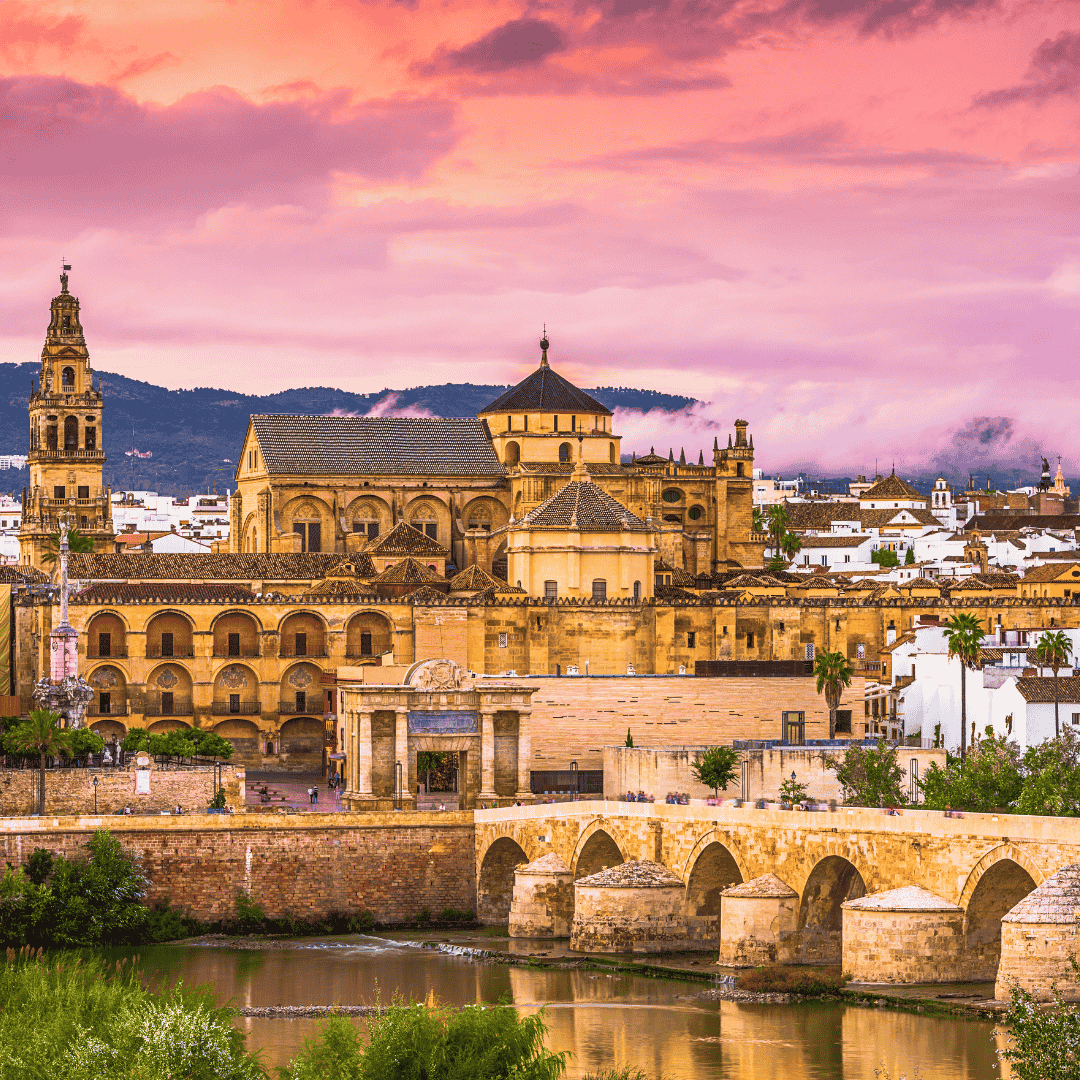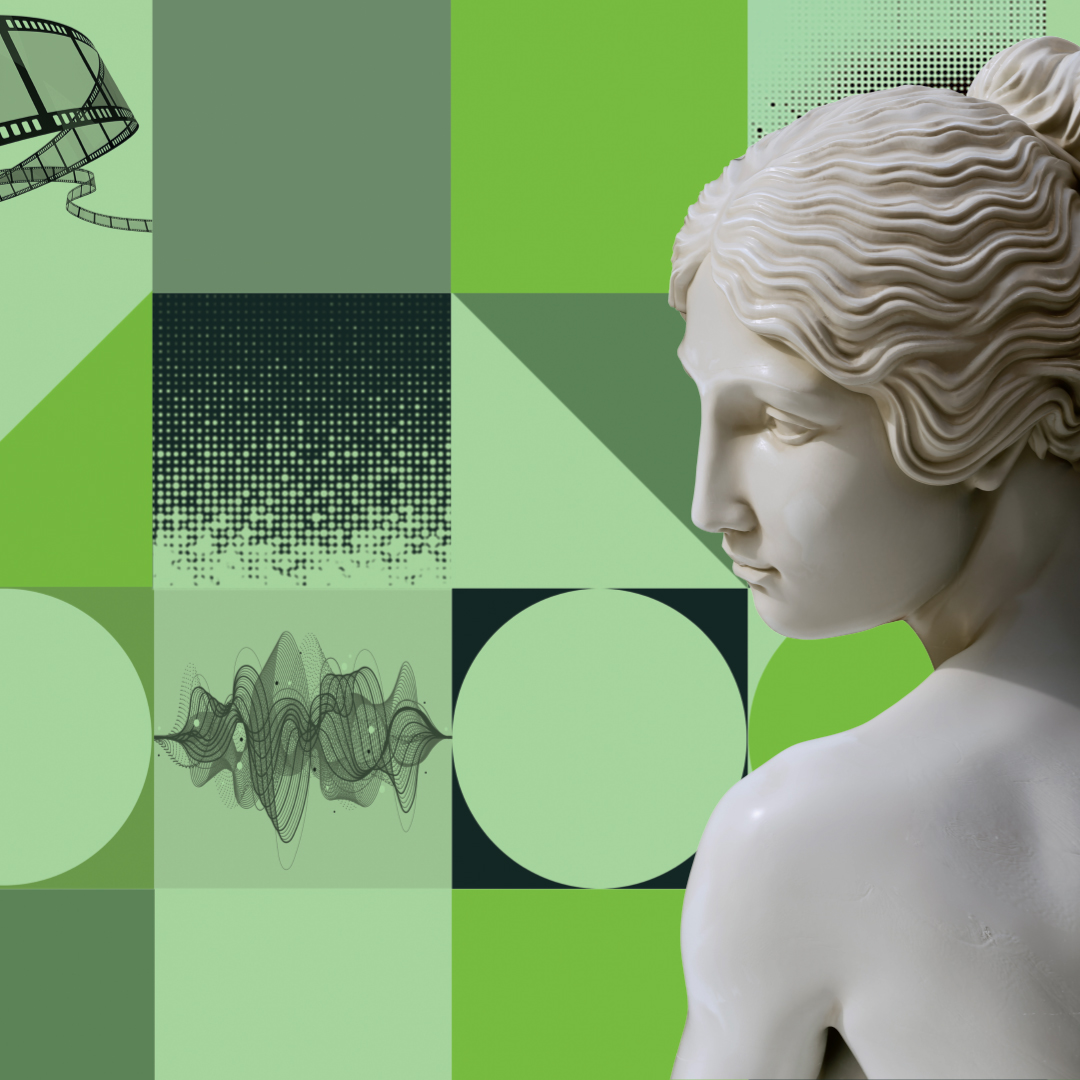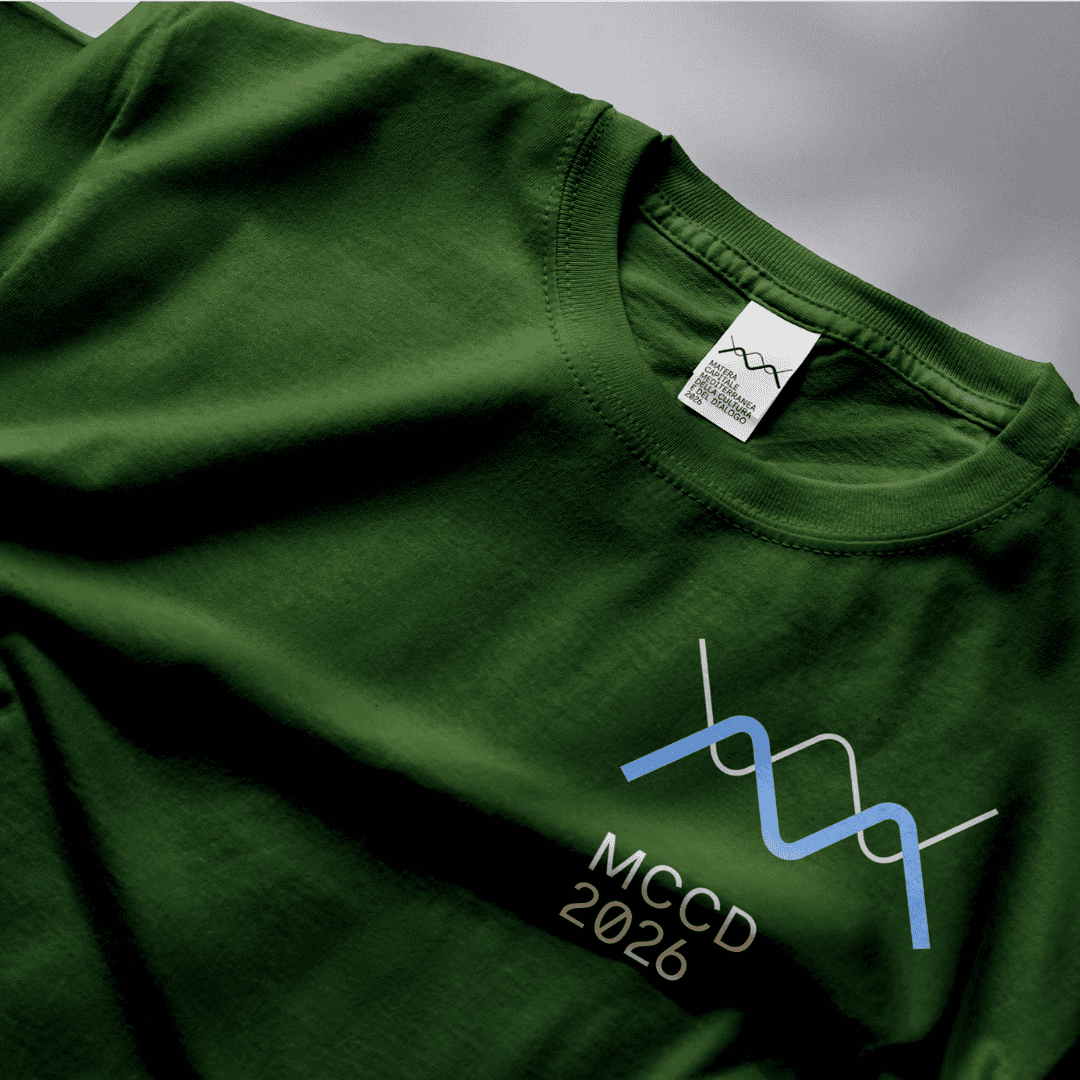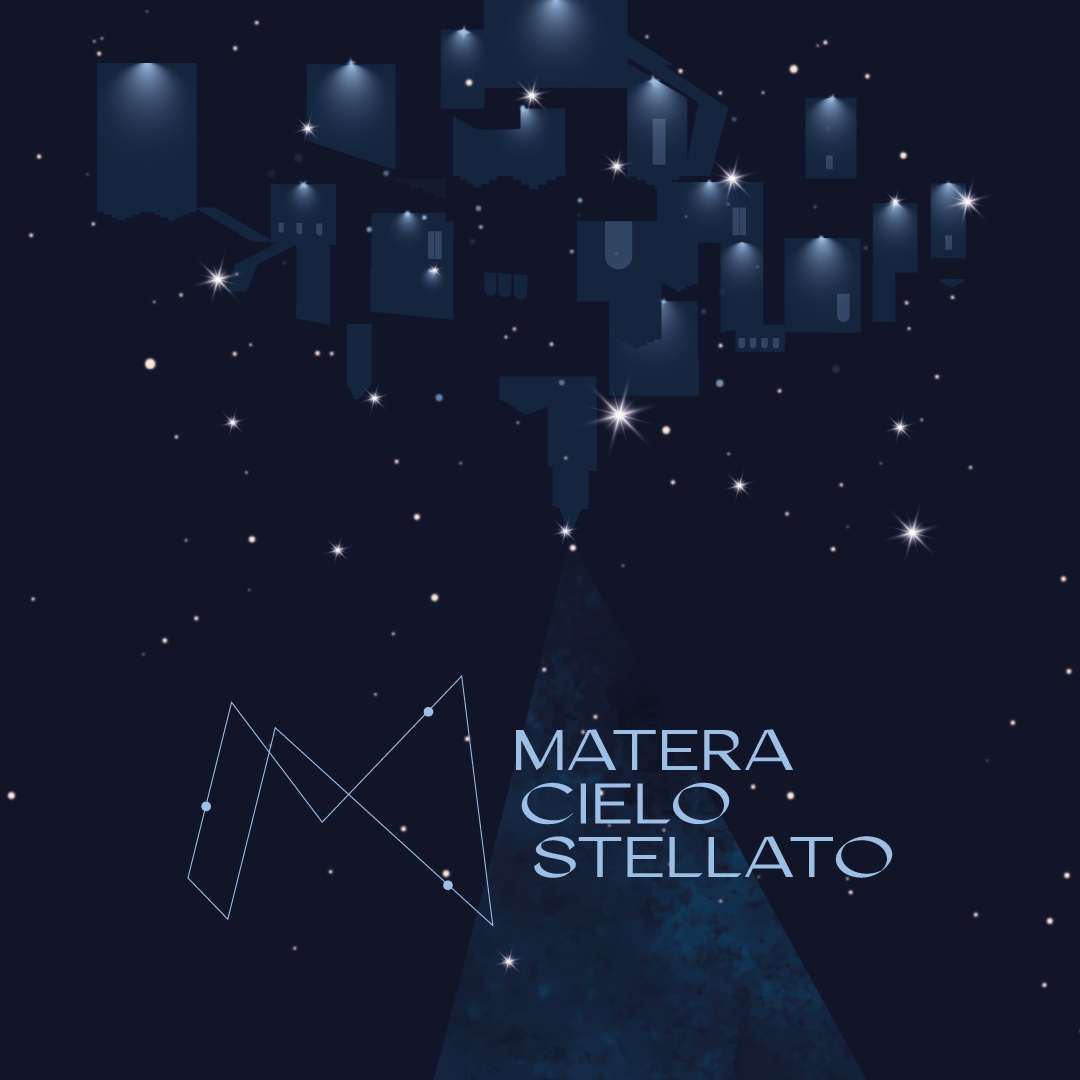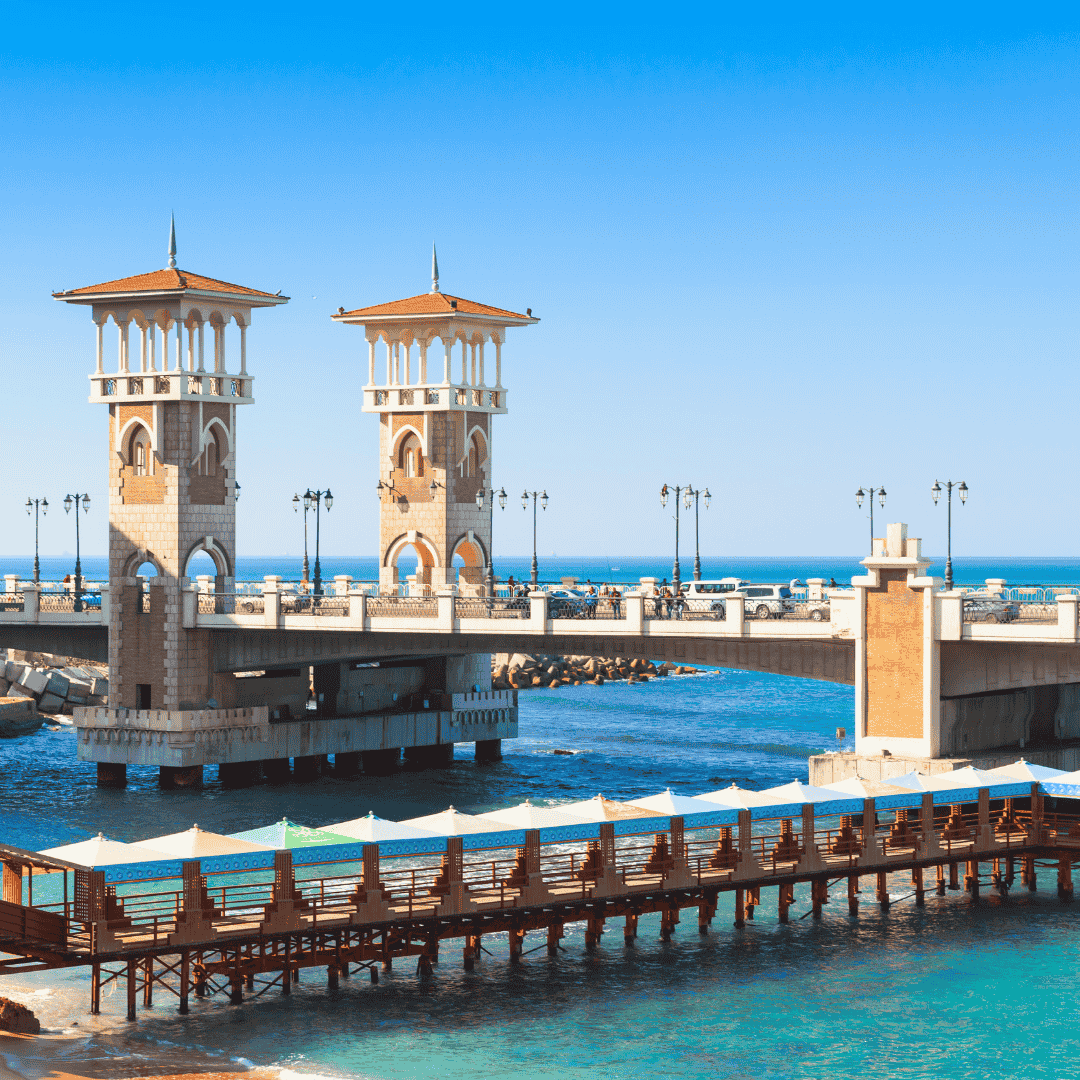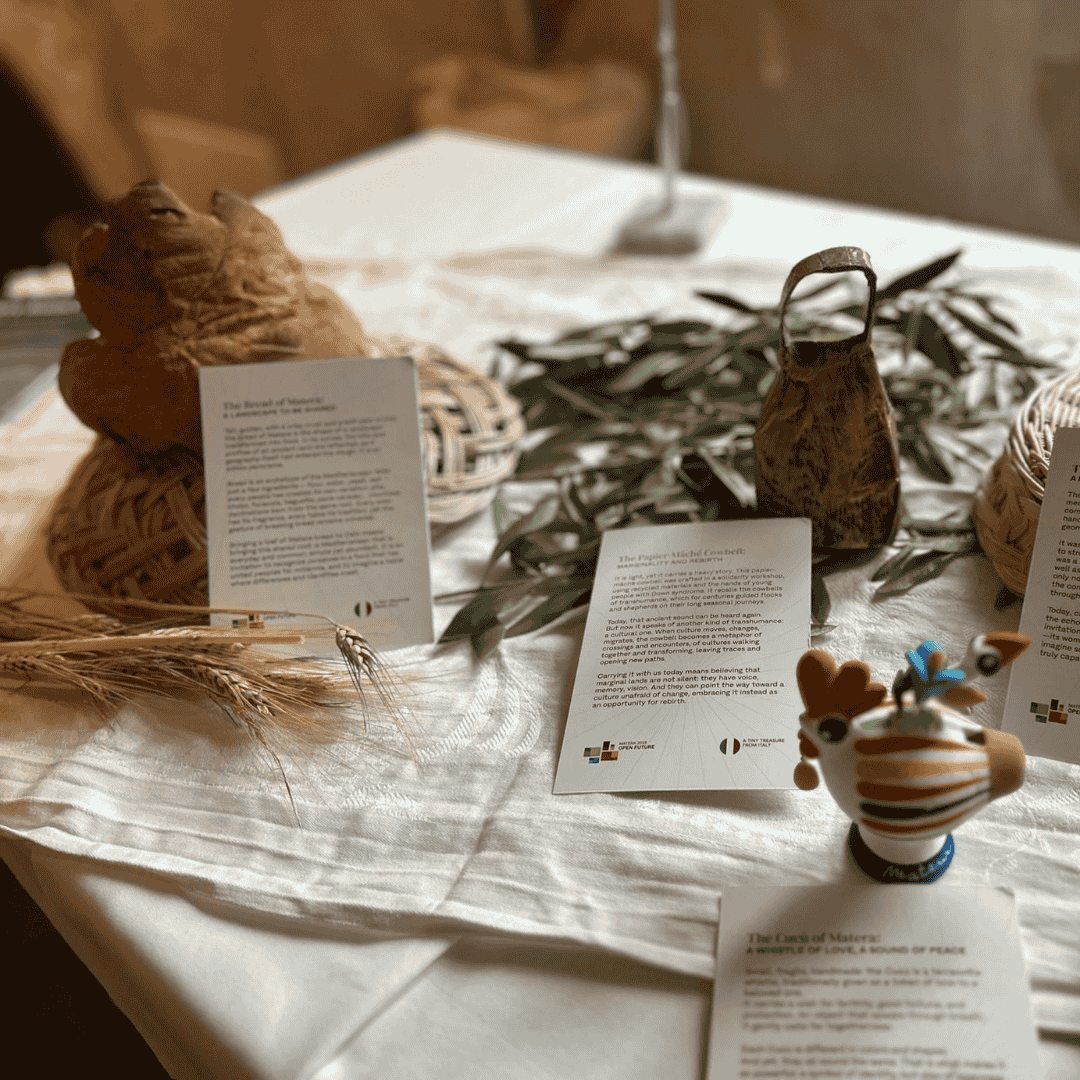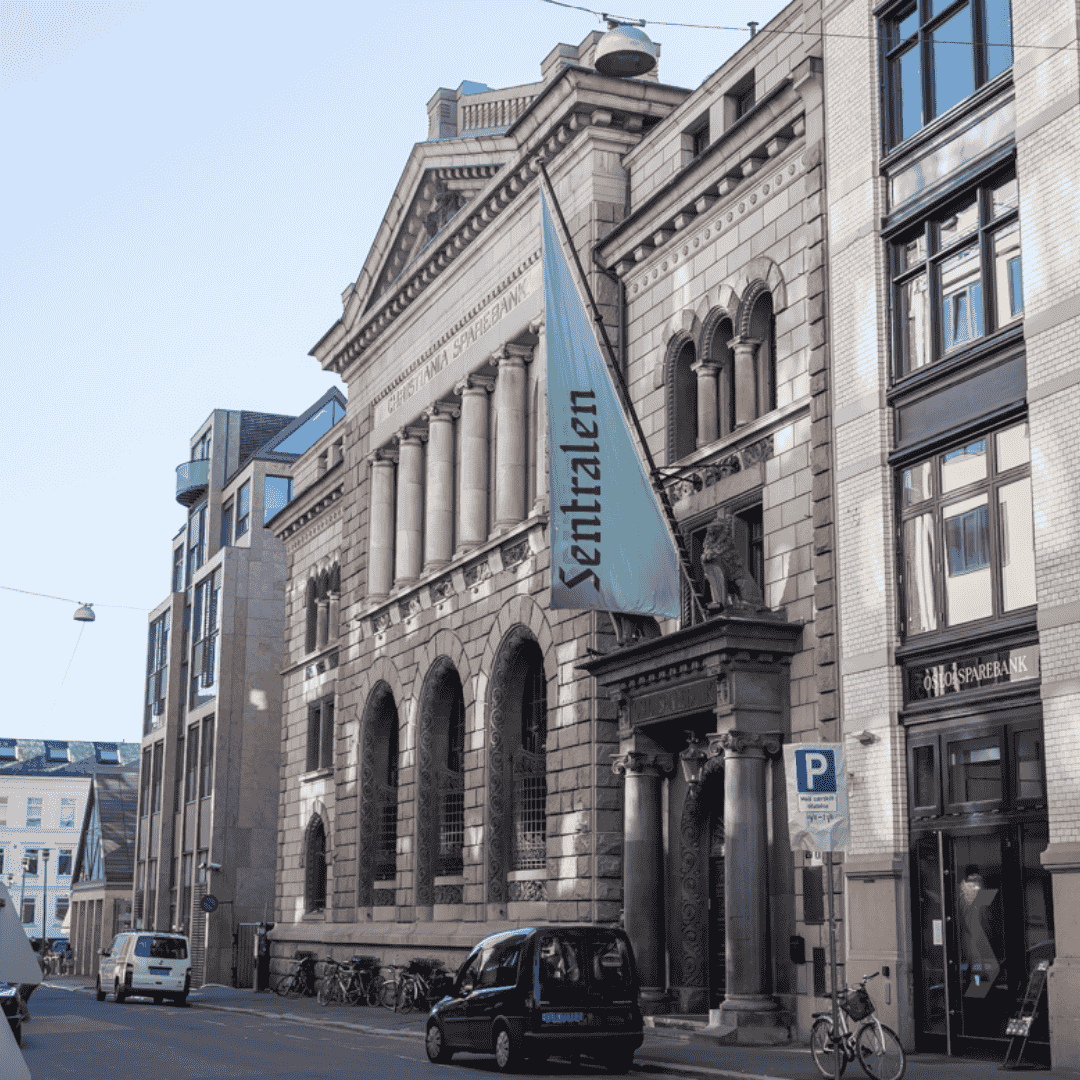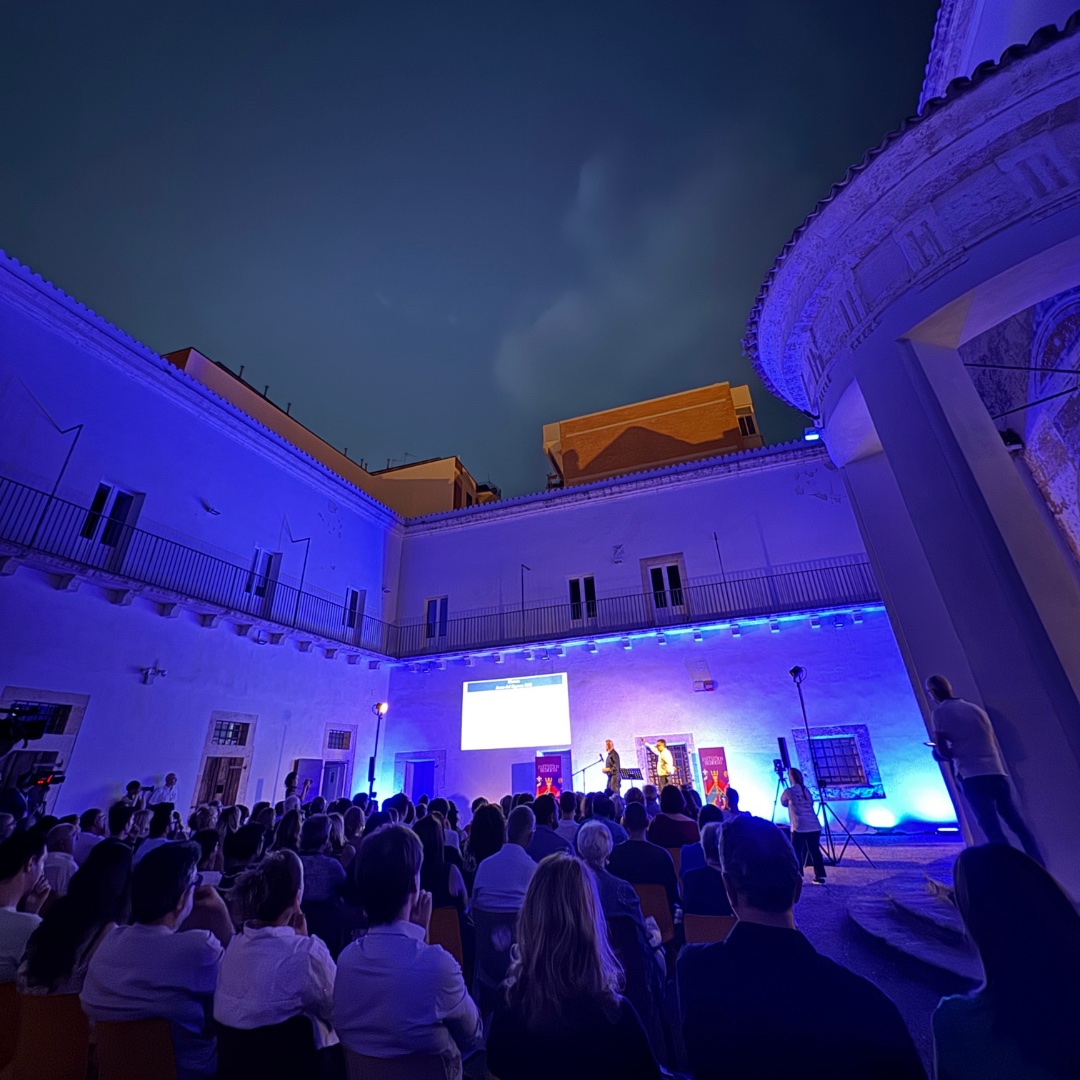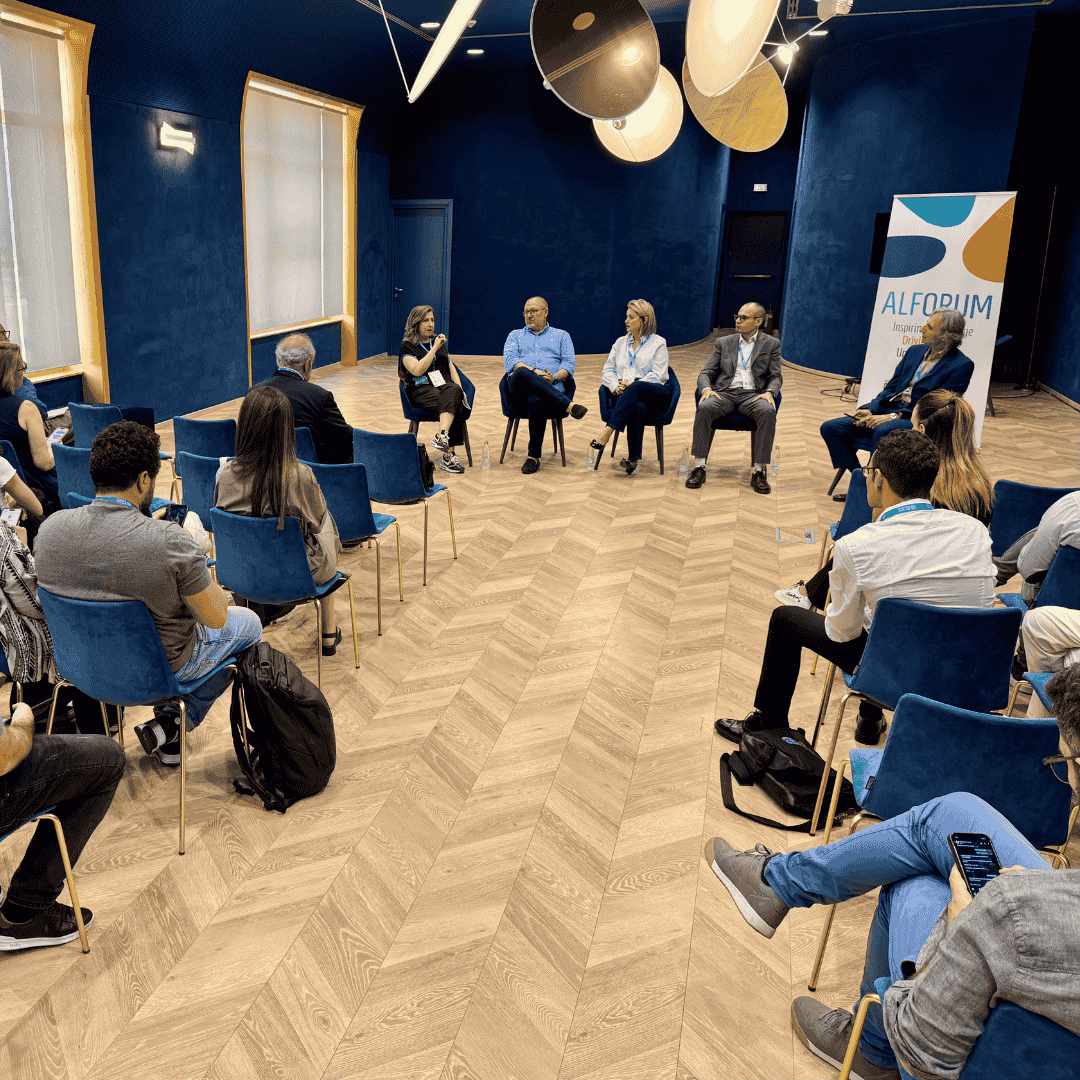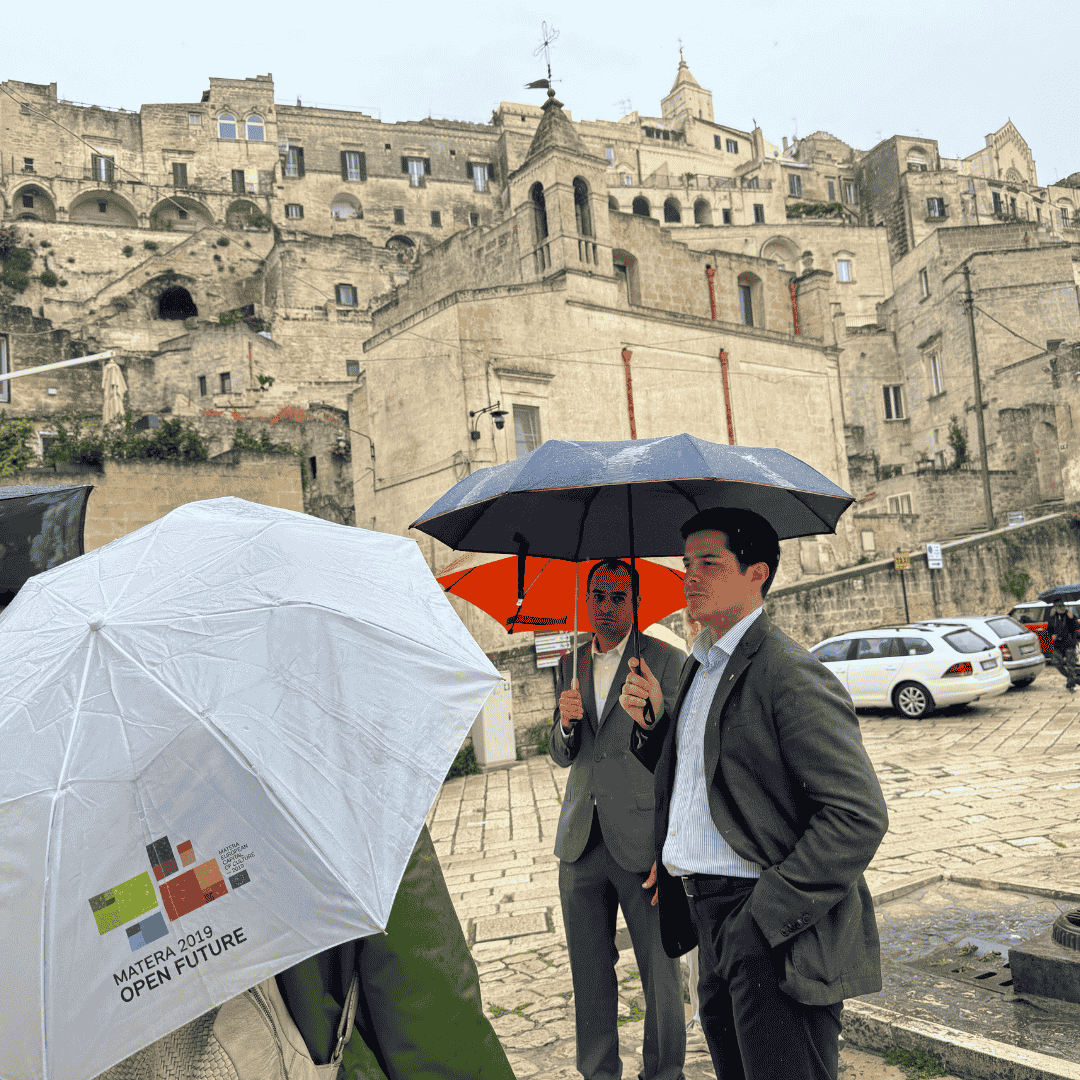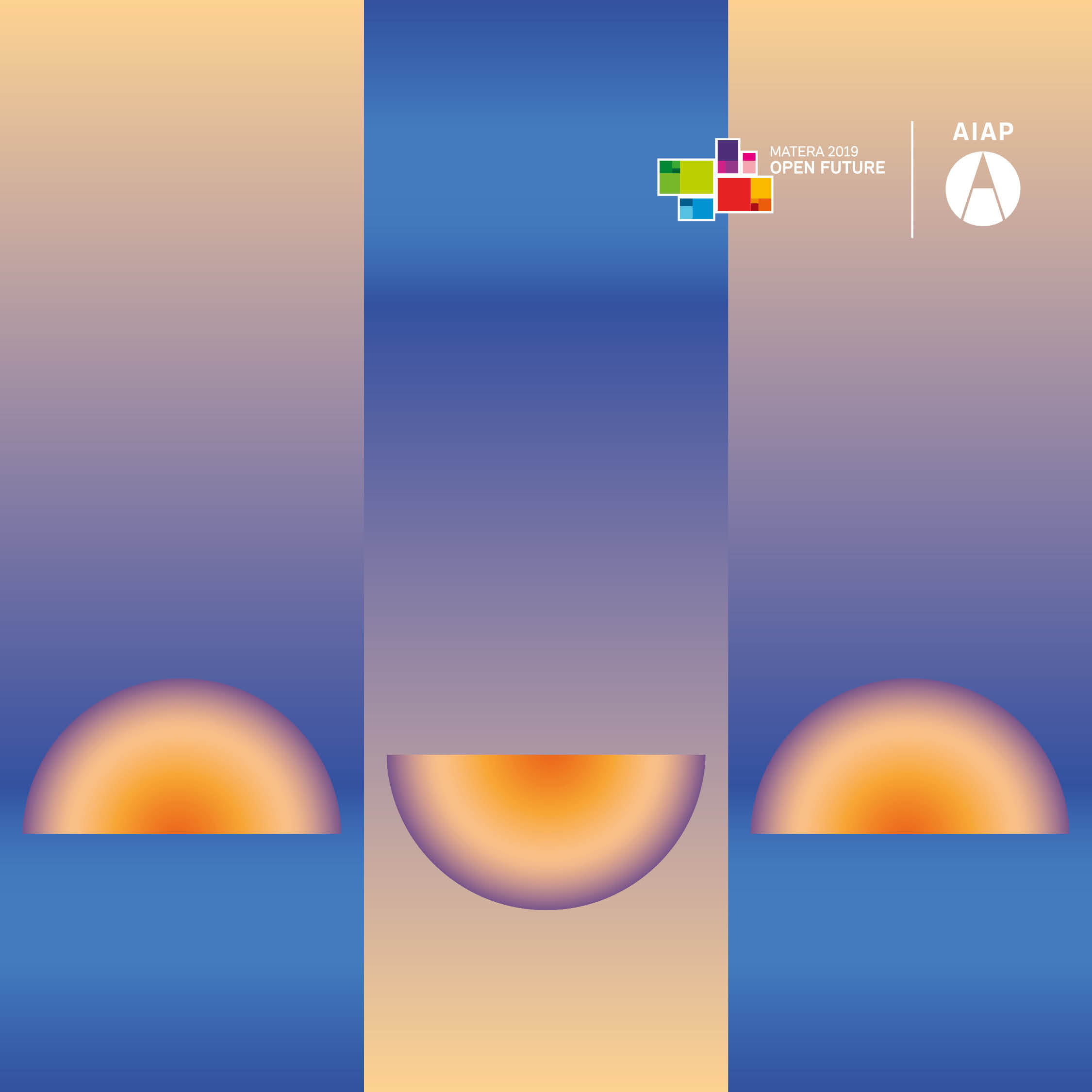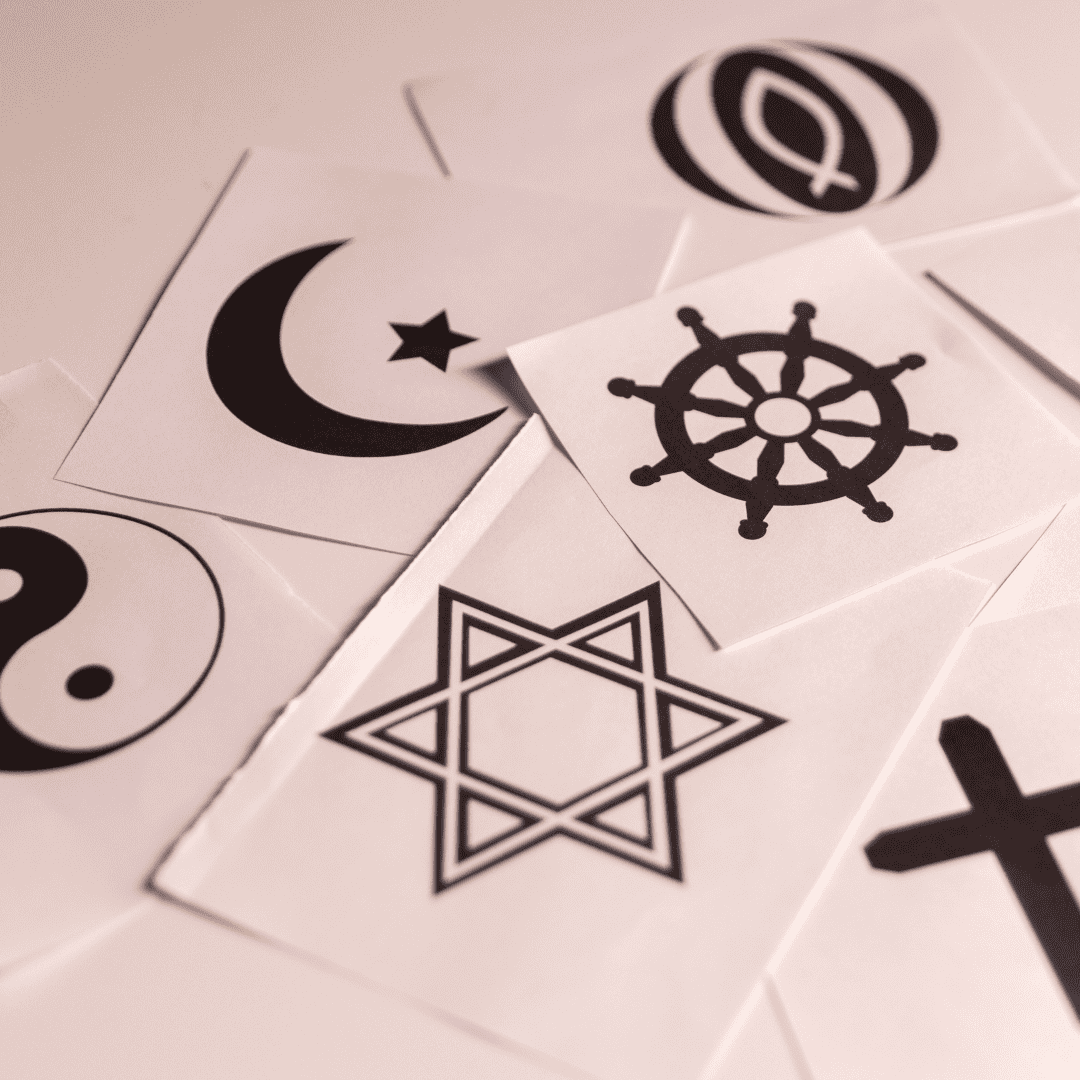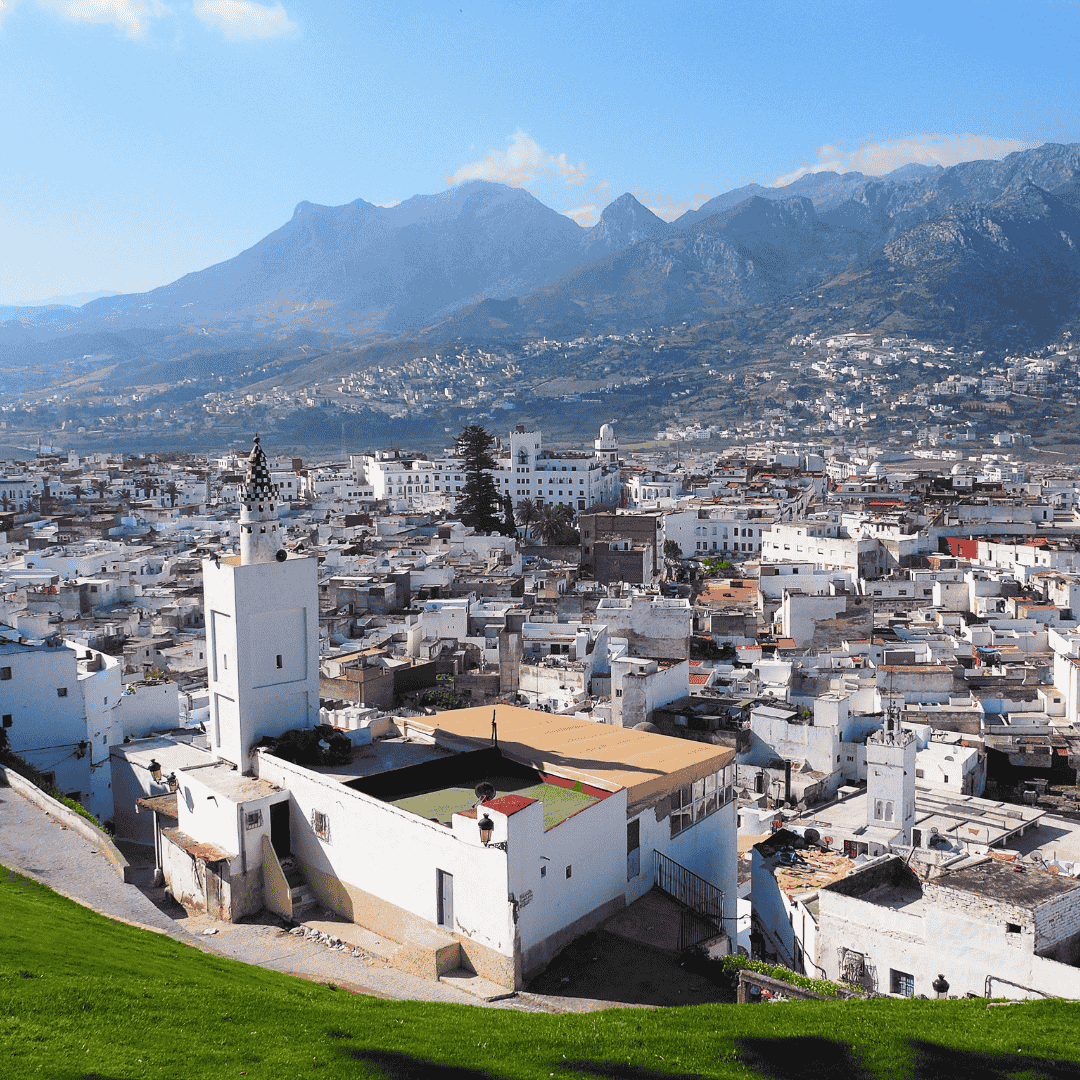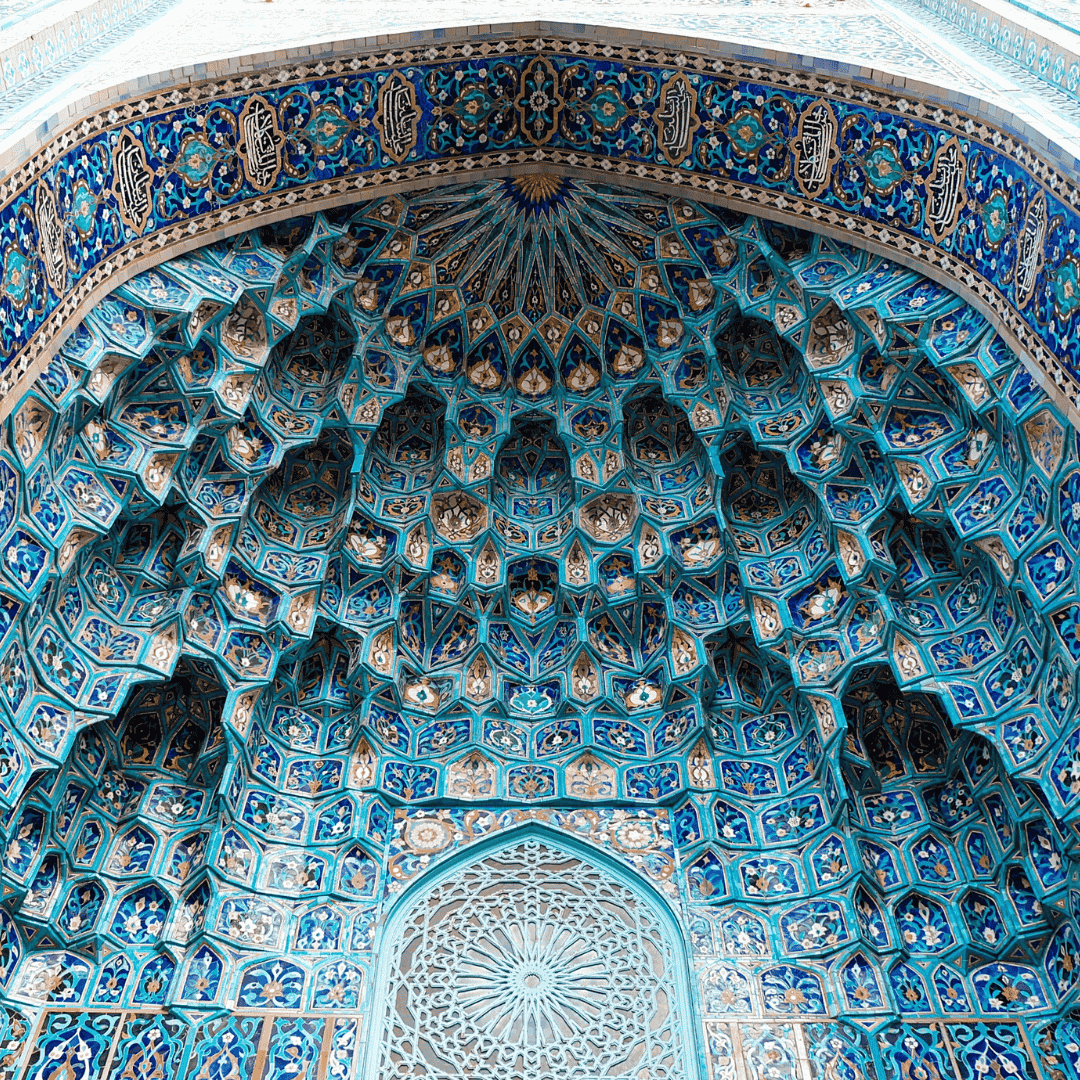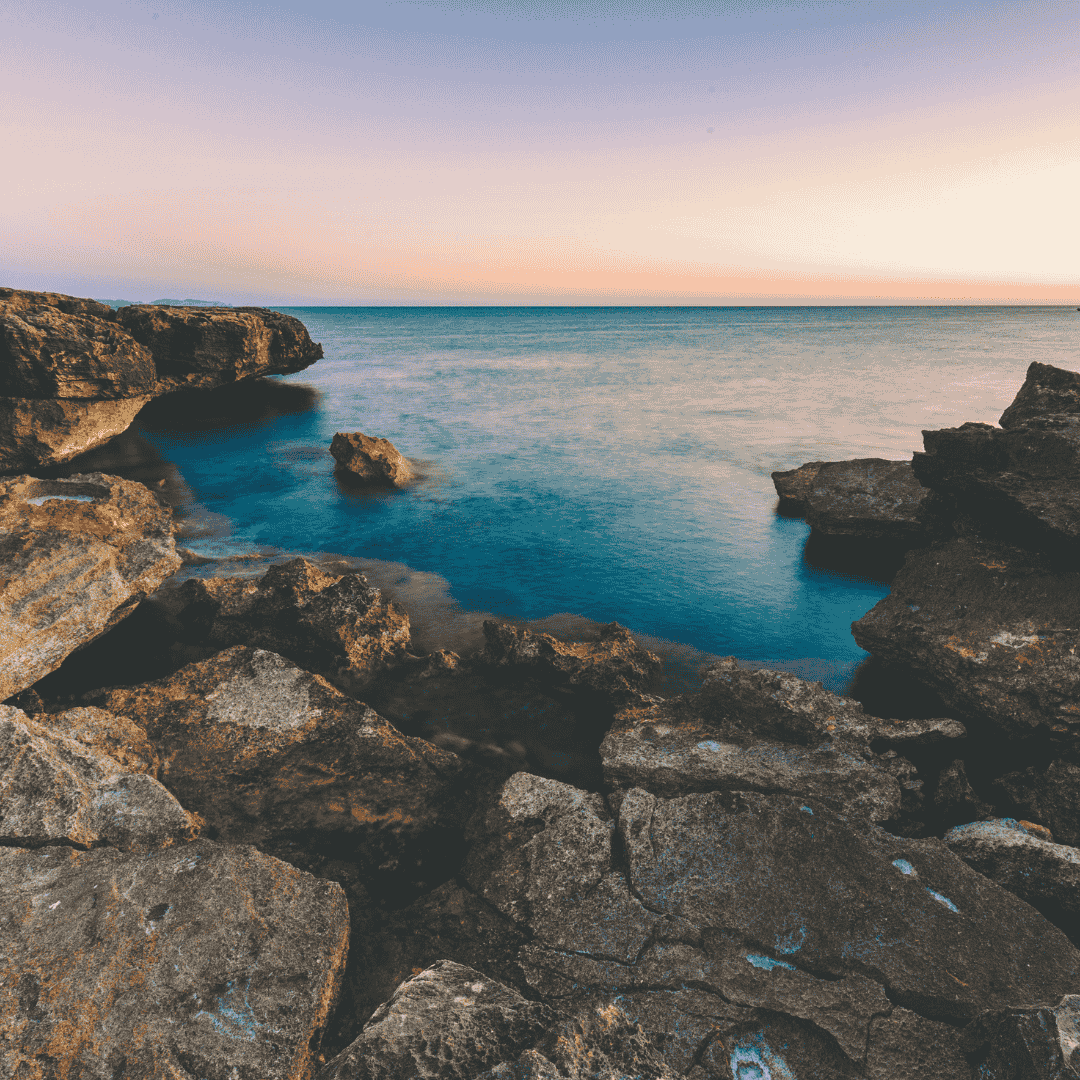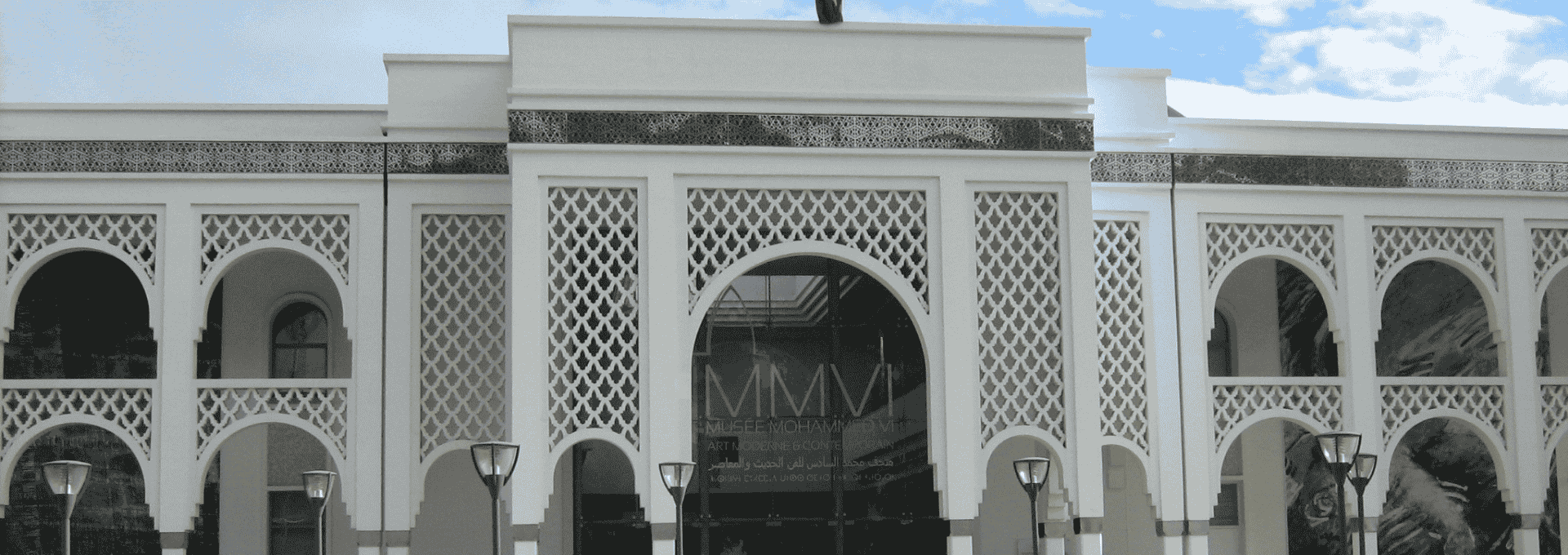
From the Mattei Plan to the EU Pact: Matera, a bridge across the Mediterranean
A line connects Rome, Tetouan, Matera and Brussels — a line woven from culture, diplomacy and long-term vision. On October 16, 2025, two distinct yet converging developments sent a clear signal: Euro-Mediterranean cultural cooperation is no longer an aspiration but a priority.
On one side, the meeting between Italy’s Minister of Culture Alessandro Giuli and Mehdi Qotbi, President of Morocco’s National Museums Foundation; on the other, the European Commission’s presentation of the new Pact for the Mediterranean. Both moments placed culture at the centre of a shared strategy for cooperation and sustainable development across the Mare Nostrum.
“Culture is a pillar of friendship between Italy and Morocco. We are working to strengthen cultural cooperation and to support Matera and Tetouan as Mediterranean Capitals of Culture and Dialogue in 2026,” Minister Giuli said at the end of the meeting. The Italian government aims to reinforce Euro-Mediterranean cultural relations in line with the strategic vision of the Mattei Plan for Africa, promoting initiatives that combine heritage, contemporary creativity, knowledge exchange and training. Within this framework, Morocco has expressed its willingness to contribute concretely to the joint cultural programme of Matera and Tetouan, starting with shared exhibitions, museum cooperation projects, and exchanges in the fields of restoration and heritage enhancement.
Meanwhile in Brussels, the European Commission and High Representative Kaja Kallas announced an ambitious action plan to strengthen ties between the European Union and the countries of the Southern Mediterranean. The Pact is based on principles of co-creation, co-responsibility and shared ownership, focusing on concrete projects capable of generating real impact for communities, with particular attention to youth, women and small enterprises. Among its flagship initiatives are a new Mediterranean University, a European mechanism for cultural heritage, actions to boost sustainable tourism and cultural mobility, as well as investments in the blue economy, digital transition, renewable energy and cooperative security.
In this landscape, Matera — the first Italian city to receive the title of Mediterranean Capital of Culture and Dialogue — is preparing for 2026 with a programme inspired by these same principles: culture as a lever for social transformation, cooperation as a method, and dialogue as a horizon. This is not a story to be written alone. It is a collective endeavour that brings together the institutional and cultural networks of Italy and Morocco, and aligns with European strategies that, thirty years after the Barcelona Process, are finding new substance and direction. In a time marked by fractures and uncertainty, investing in culture means once again believing in the Mediterranean as a living, shared and generative space.






